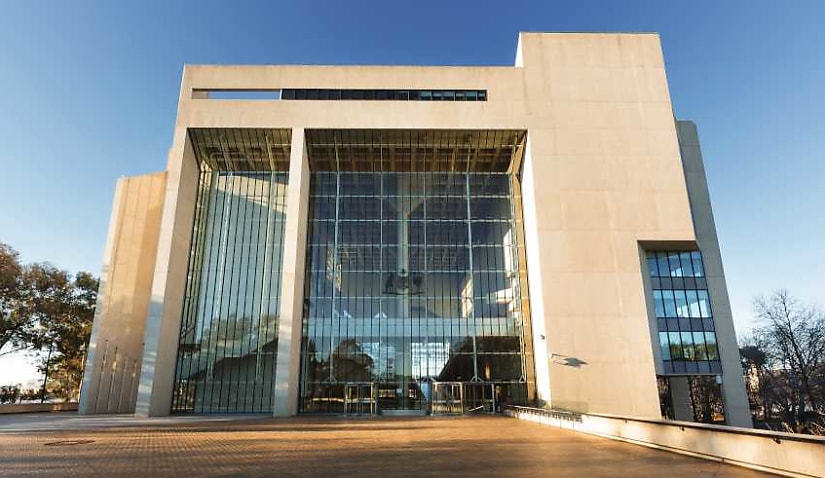Powered by MOMENTUM MEDIA
In a decision that could have wide-ranging implications for self-represented law firms, the High Court has decided whether a Sydney law firm should recover the costs for work done by its own solicitors.

Following success in proceedings to recover fees from a client, Sydney firm Atanaskovic Hartnell was granted a costs order for the expenses incurred by its employed solicitors – but the decision re-opened a lengthy debate about the abolished Chorley exception.
In that decision, the High Court found the recovery of costs fell under the “remuneration” definition in the Civil Procedure Act 2005, and recognised it was possible for law firms to recover the costs spent by in-house lawyers, even if those lawyers represented their employer.
The Bell Lawyers v Pentelow decision erased the Chorley exception introduced in London Scottish Benefit Society v Chorley, which found solicitors should be excluded from the general rule prohibiting self-represented parties from recovering costs in proceedings.
In its application for appeal before the High Court, Birketu sought to overturn the NSW Court of Appeal decision by arguing it was contrary to the general rule that solicitors cannot be compensated for the work they put in to proceedings on behalf of their own firm.
Birketu sought to rely on the decision in United Petroleum Australia Pty Ltd v Herbert Smith Freehills (HSF), which sought to re-introduce the Chorley exception by finding that a litigant law firm should not be entitled to recover costs of employed solicitors.
The full bench of the High Court, excluding the dissenting opinions of Justice Simon Steward and Justice Jayne Jagot, found the United Petroleum decision should be overruled and the appeal dismissed.
“To adopt the approach preferred by the Victorian Court of Appeal in United Petroleum … in the present case, and thereby to deny the entitlement of a litigant solicitor or unincorporated law firm to recover costs … would be to depart from the application of the general common law principle,” the bench said.
“Moreover, it would be to depart from the principle in a manner which would run counter to the fundamental principle of equality which underlay the rejection of the Chorley exception in Bell Lawyers.”
They added the rejection in Bell Lawyers of the notion lawyers should be encouraged to act for themselves as justification for the Chorley exception’s departure from the general common law principle should not entail acceptance of the notion that lawyers should be “discouraged from having employed solicitors act for them by denying them costs”.
“The time spent on the doing of legal work that is capable of recompense is not that of the solicitor or firm but that of employees of the solicitor or firm in respect of which the solicitor or firm incurs expenses of remuneration and overheads.
“The recompense is to the solicitor or firm for professional legal costs thereby actually incurred by the solicitor or firm,” the bench said.
The case is Birketu Pty Ltd v Atanaskovic [2025] HCA 2 (5 February 2025)
We're evolving — and so should your insights. Heads up — Lawyers Weekly is going premium from 1 May for just $5 a month. Stay informed without missing a beat. More information coming soon.

Naomi Neilson is a senior journalist with a focus on court reporting for Lawyers Weekly.
You can email Naomi at: